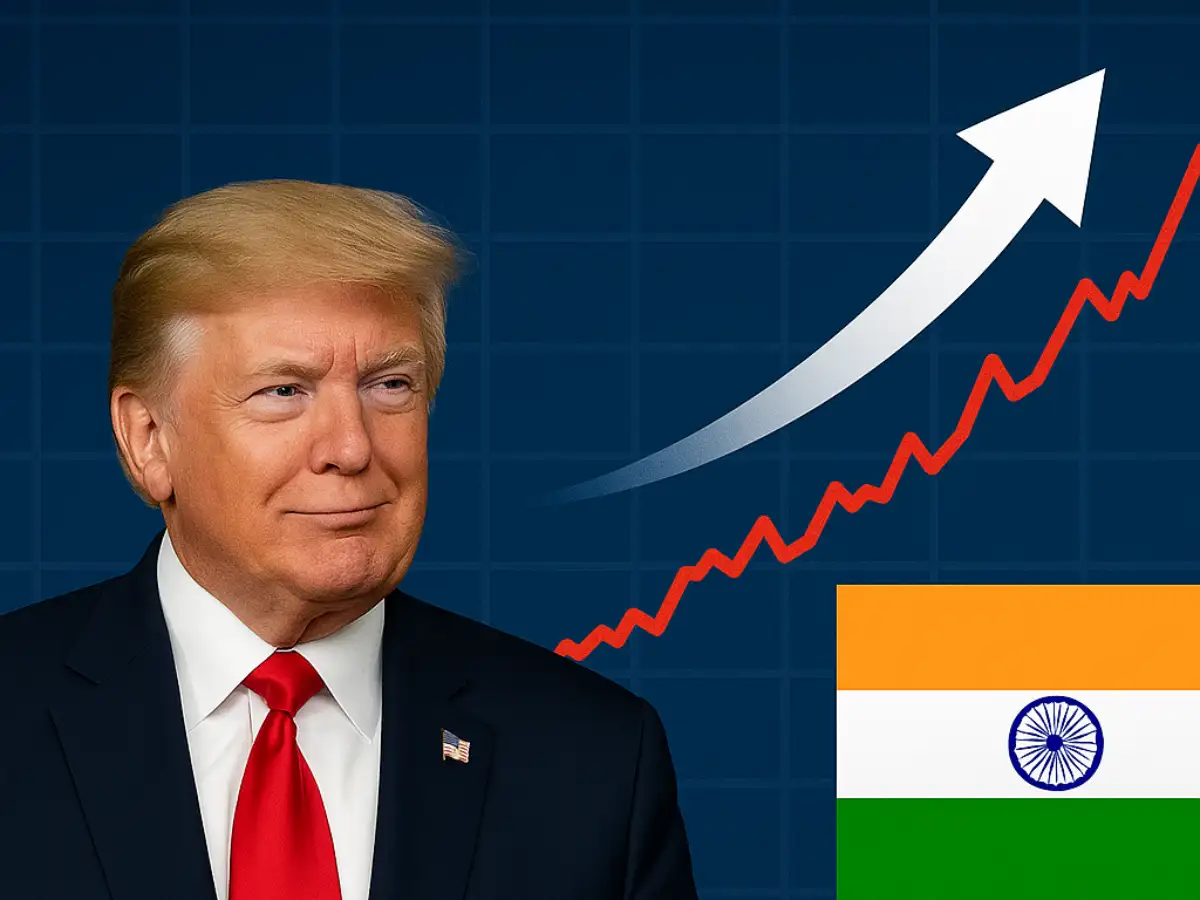Donald Trump Delays Tariff Relief Impacting India’s Pharmaceutical Sector

The trade relationship between India and the United States is facing new challenges, particularly in the pharmaceutical sector, as the U.S. government introduces reciprocal tariffs on imports from over 180 countries. While Indian pharmaceutical companies have received temporary exemptions from these tariffs, uncertainties loom regarding the future of Active Pharmaceutical Ingredients (APIs) and bulk drugs. President Trump has hinted at the possibility of imposing tariffs on pharmaceuticals, raising concerns about the long-term implications for the industry.
Temporary Exemptions Provide Relief
The recent tariff announcements from the U.S. government have created a complex landscape for the Indian pharmaceutical industry. Initially, the sector received exemptions, which have been welcomed by Indian companies. This relief allows them to continue supplying nearly half of the generic drugs needed in the U.S., essential for maintaining affordable healthcare. However, the exemption primarily covers formulations, leaving the status of APIs and bulk drugs uncertain and requiring case-by-case evaluation.
Despite the temporary reprieve, President Trump has indicated that reciprocal tariffs on pharmaceuticals could still be on the horizon. The current 90-day pause offers a moment of relief, but investigations into the import restrictions on pharmaceuticals and their ingredients are underway. If deemed a threat to national security, the U.S. government could impose tariffs or quotas, complicating the situation further. Past investigations have led to the application of tariffs on affected goods, adding to the industry’s anxiety.
Potential Impact on Supply Chains
The introduction of tariffs could disrupt supply chains for Indian pharmaceutical exports to the U.S. Increased costs may lead to short-term challenges, with companies struggling to absorb the financial burden. While gradual tariffs might allow for some adjustments, they could also result in long-term increases in manufacturing costs. This uncertainty necessitates that Indian pharmaceutical firms remain agile and proactive in their strategies.
To mitigate the potential impact of tariffs, companies are encouraged to diversify their markets. Exploring opportunities in regions such as Europe, Africa, and Latin America could help Indian firms focus on high-margin products while optimizing their supply chains. However, passing increased costs onto consumers in the generics market poses risks due to the price sensitivity of this segment. Different segments within the pharmaceutical industry may absorb cost increases differently, with biosimilars and specialty generics potentially better positioned to handle price pressures.
Long-Term Outlook Remains Uncertain
As the trade dynamics evolve, Indian pharmaceutical companies must carefully consider their supply chain structures. Establishing new plants or facilities is not a straightforward process, especially in regulated markets like the U.S., where obtaining regulatory clearances can take 12 to 24 months. The ongoing uncertainty surrounding tariffs and investigations means that companies may need to adopt a wait-and-watch approach for the foreseeable future.
While the current exemptions and the 90-day pause provide temporary relief, the long-term outlook for the Indian pharmaceutical sector remains uncertain. The potential for free trade agreements (FTAs) to facilitate smoother trade relations offers a glimmer of hope. However, companies must remain vigilant and adaptable as the global trade environment continues to shift, ensuring they are prepared for any changes that may arise.
Observer Voice is the one stop site for National, International news, Sports, Editor’s Choice, Art/culture contents, Quotes and much more. We also cover historical contents. Historical contents includes World History, Indian History, and what happened today. The website also covers Entertainment across the India and World.

